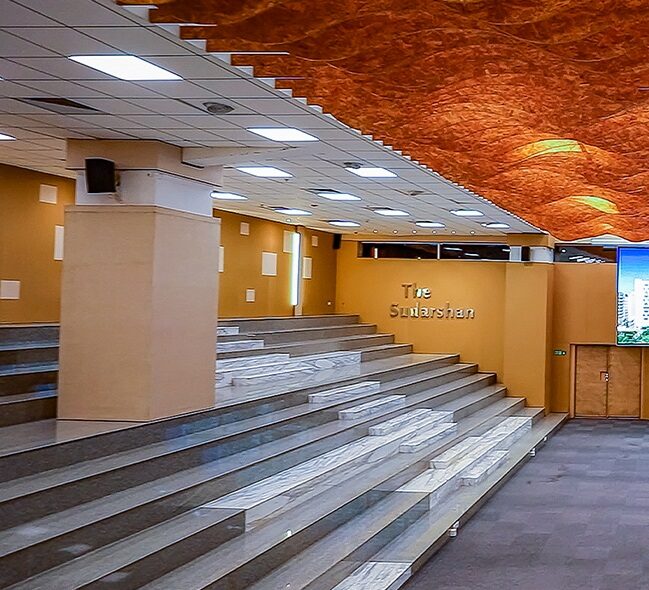The bustling city of Chennai, often hailed as the ‘Detroit of India’ due to its thriving automobile and IT industries, has long been a hub of economic activity. However, a curious phenomenon has been unfolding recently – an increasing number of office spaces, particularly in the IT sector, are lying vacant. This puzzling trend has prompted us to delve deeper into the matter and uncover the top 5 reasons behind Chennai’s surplus of unoccupied IT office spaces.
1. Shifting Work Dynamics: The landscape of work is undergoing a tectonic shift. With the advent of technology and changing preferences, businesses increasingly embrace flexible work arrangements. The once-rigid structure of the 9-to-5 workday has given way to more agile setups, allowing employees to work remotely. This transformation in work dynamics has reduced demand for traditional office spaces, resulting in a surplus of vacant IT space in Chennai.
2. The emergence of Co-Working Spaces: Co-working spaces have significantly altered the commercial real estate landscape. Businesses now gravitate towards shared workspaces that offer flexibility, cost-effectiveness, and a collaborative atmosphere. Co-working spaces provide startups and established companies alike with the opportunity to harness the benefits of a professional environment without the burden of long-term lease commitments. As a result, many businesses opt for co-working spaces over standalone offices, contributing to the high vacancy rates in traditional office buildings.
3. Economic Uncertainties: In recent years, the global economy has been marred by uncertainties. Businesses are becoming increasingly cautious about their financial commitments, making them rethink their office space needs. Chennai’s IT sector, which relies heavily on outsourcing, has not been immune to these economic fluctuations. Companies are taking a prudent approach by downsizing or adopting cost-effective alternatives, causing a surplus of vacant IT office spaces in the city.
4. Pandemic-Induced Remote Working: The COVID-19 pandemic has reshaped how we work and interact. Remote working once considered a novelty, became a necessity overnight. As businesses adapted to remote work models to ensure employee safety, the need for physical office spaces diminished. The success of remote work during the pandemic has prompted many companies to adopt a hybrid work model even after the crisis subsides. This seismic shift has contributed to Chennai’s surplus of vacant IT office spaces, as companies prioritize remote and flexible work arrangements.
5. Technological Advancements: The rapid advancement of technology has empowered employees to work seamlessly from anywhere. Cloud computing, virtual collaboration tools, and high-speed internet connectivity have eradicated the need for a centralized physical workspace. As companies embrace these technological innovations, the demand for traditional IT office spaces has waned, leading to a surplus of vacant properties.
Chennai’s real estate landscape is undergoing a transformative phase characterized by abundant vacant IT office spaces. The confluence of shifting work dynamics, the emergence of co-working spaces, economic uncertainties, pandemic-induced remote working, and technological advancements have created a perfect storm, reshaping the city’s commercial real estate dynamics. As businesses continue to adapt to evolving trends and prioritize flexibility, the fate of these vacant office spaces hangs in the balance. Will they be repurposed, redesigned, or revitalized to cater to the changing needs of a dynamic workforce? Only time will tell. In the interim, Chennai is a poignant symbol of the ever-evolving nature of work and the spaces that facilitate it.

